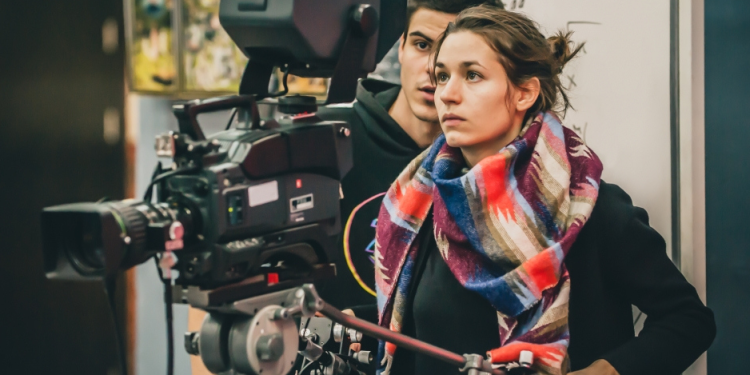A documentary on filmmaking can be one of the most fascinating and informative films you can watch. Not only do they tell the story of how filmmakers make their films, but it can also teach you about the art and the science behind what you see on the screen. Whether you’re interested in writing and producing films, directing, acting or even editing, you’ll definitely enjoy this look into the world of cinema.
Varda’s film
Agnes Varda’s final documentary, “Varda by Agnes”, retraces her extensive body of work. It explores the themes of human rights, memory, representation, and vulnerability.
In a series of clips, Varda revisits her life and the people who have shaped her films. Her tone remains unpretentious.
Varda is known as the “Mother” or “Grandmother” of the French New Wave. She is a trailblazing female filmmaker. Unlike other filmmaking icons, Varda does not limit her work to a narrative format. Instead, she works with a sense of wonder and irreverence.
Varda’s work was characterized by a playful spirit, and her movies often referred to the plight of loners and outsiders. They also dealt with the struggle for selfhood for women.
Varda made her first feature film, La Pointe Courte Courte, in 1955. She was inspired by her cats, her dreams, and social justice movements.
Lopes’s film
If you’re a fan of pop culture, you’re probably familiar with TLC and its ilk. This all-female quartet was a jack swing-ting in the early nineties. Its signature magnum opus was CrazySexyCool, a neo-soul-tinged R&B album containing the best single on any mainstream pop album of the last five decades. The album also boasted the first rap by a female MC and one of the first acapella tracks. During the halcyon days of the ’90s, Lopes had a slew of hits including the top ten songs of the decade, a pair of gold records, and a platinum recording. Her other claim to fame was her role in the seminal hip-hop album, In the Mix. She later joined Suge Knight’s infamous Tha Row record label, and then took her career in a completely different direction.
Rouquier’s film
Georges Rouquier is a French filmmaker who began making documentaries in the late 1940s. He was a member of the Montparnasse group of filmmakers. His first feature, Farrebique, won the FIPRESCI prize at the first Cannes Film Festival. In 2009, the French Cinematheque awarded him with a retrospective.
Rouquier’s film is a lyrical evocation of farming life in the Aveyron region. It shows a family working with nature before electricity and modern machinery. This film was considered part of the postwar French realism movement.
The film is structured around four seasons and the family’s relationship with the land. Each season plays an important role. Some sequences are shot in reverse. Like William Wyler’s early films, Rouquier’s early scenes suggest cinema verite.
Marker’s film
Marker’s documentary on filmmaking is a remarkable work The filmmaker was one of the first to experiment with new media technologies and incorporate them into his filmmaking. He is also a mentor to many younger filmmakers.
His experimental documentaries are rooted in a Marxist dialectical theory. They address the failures of present images to account for contradictions in the past. In the process, they create a dialogue between the spectator and the image.
He worked with fellow artists like Joris Ivens and Patricio Guzman. They were part of a collective called the SLON, or Left-wing militant film collective.
Marker was fascinated by the ways in which technology could transform the way people interact with each other. These experiments were a part of his personal life and his filmmaking career.
Porumboiu’s film
Corneliu Porumboiu is a Romanian film director. He is one of the leading figures of the Romanian New Wave, which appeared in Cannes in 2005. His films are austere, minimal, and witty. Often set in the drabness of Bucharest, his movies explore the absurdities of the everyday, and they are leavened with fatalistic humor.
The director’s first feature, “East of Bucharest,” is an incisive inquiry into the subjective nature of history. It was an early entry in the Cannes competition.
Since then, Porumboiu has been prolific. In addition to his fiction films, he has made a documentary on filmmaking. And he has continued to explore political and cultural history.
One of his most recent films, The Whistlers (La Gomera), is an adaptation of an autobiographical novel by Laurentiu Ginghina. The film begins with a family re-playing a VHS tape, as they reminisce about the time when the suffrage movement was strong in the country. They also re-enact Communist-era practices.




















































